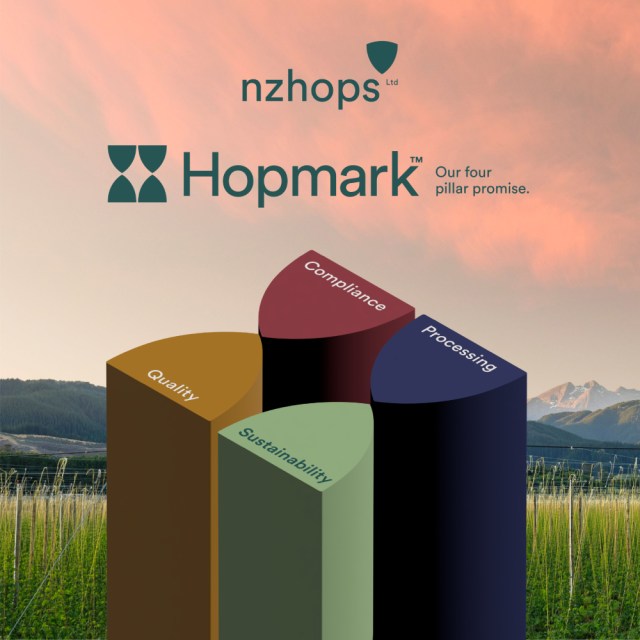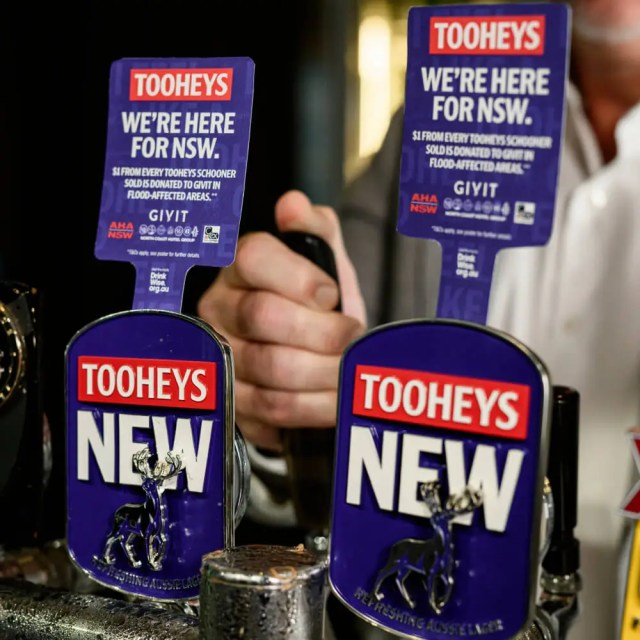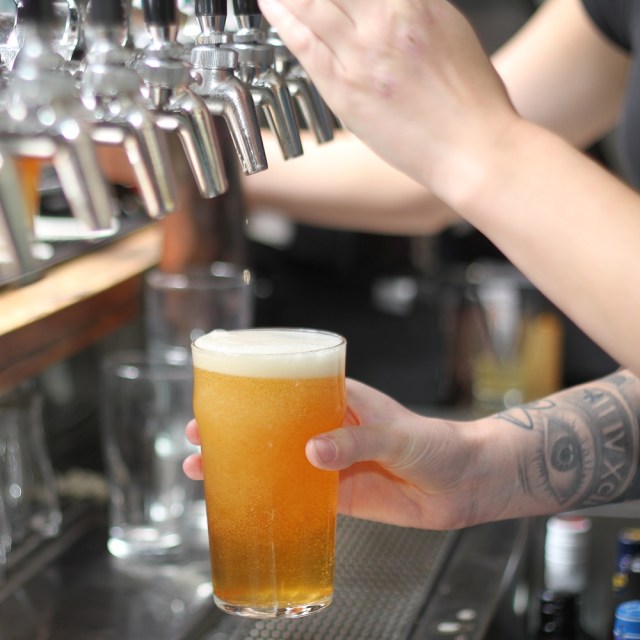
After having said they wouldn’t hand down their findings until next month, the Australian Competition and Consumer Commission (ACCC) have announced today they won’t be opposing Lion’s proposed acquisition of Fermentum – the owners of Stone & Wood, Two Birds Brewing and other brands.
In a statement the ACCC said it had focused its investigation on whether the acquisition would substantially lessen competition in the supply of beer, but that it ultimately deemed that wouldn’t be the case as “a wide range of alternative independent craft beers will remain available in the market”.
“The ACCC was initially concerned that the proposed acquisition would remove a large, popular independent craft brewer that has plans to expand its capacity and potentially compete more aggressively against the two major brewers in Australia, being Lion and Asahi/Carlton & United Breweries,” ACCC commissioner Stephen Ridgeway said in the statement.
“However, our investigation concluded that a wide range of alternative independent craft beers will remain available in the market even if the transaction goes through.”
The ACCC said it concluded that the Fermentum brands do not compete closely with Lion’s products, as “Fermentum’s products are generally in a higher price bracket and Lion’s craft-style brands are generally perceived as mainstream”.
The ACCC said it conducted a large number of market inquiries with customers, competitors and industry bodies and said they did not raise strong competition concerns.
The ACCC’s investigation also considered whether the proposed acquisition would stop the growth of independent brewers, or otherwise restrict their ability to access beer taps in hospitality venues or shelf space at liquor stores.
“Consumer demand for independent beer has grown significantly over the last five years, and this has helped independents grow their presence at hotels, clubs and retailers,” Mr Ridgeway said.
“We also know from speaking to a wide range of venues, particularly those in metropolitan areas, that they typically reserve one or two taps for independent brands.”
The ACCC said it understood that Stone & Wood would no longer be eligible for the taps reserved for independent brewers after the acquisition. Therefore, it is likely other independent brewers will be able to take up many of the taps that were previously Stone & Wood independent taps.
During the investigation, a number of market participants raised concerns that the packaging of beer made by the major breweries may confuse consumers about who ultimately owns the company that made the beer.
“Consumers that wish to purchase independent craft beer should carefully read the information provided on the label, or ask the person serving them if the beer is made by an independent brewer,” Mr Ridgeway said.
Separate to the potential impact of Lion’s proposed acquisition of Fermentum, the ACCC said it continues to hear concerns from the industry about the exclusivity agreements limiting the ability of independent brewers to compete in general.
In 2017, following the beer taps investigation, the ACCC announced that it would not be taking legal action at that time. However, the ACCC said it is closely monitoring any potential impact these exclusivity arrangements have on competition.
The ACCC said: Acquisitions of small, independent competitors by large companies, especially when the small competitor has been able to grow market share, continue to be a concern of the ACCC. Although the ACCC did not find the sale of Fermentum to Lion would substantially lessen competition, it will closely review any further acquisitions in this industry”.











